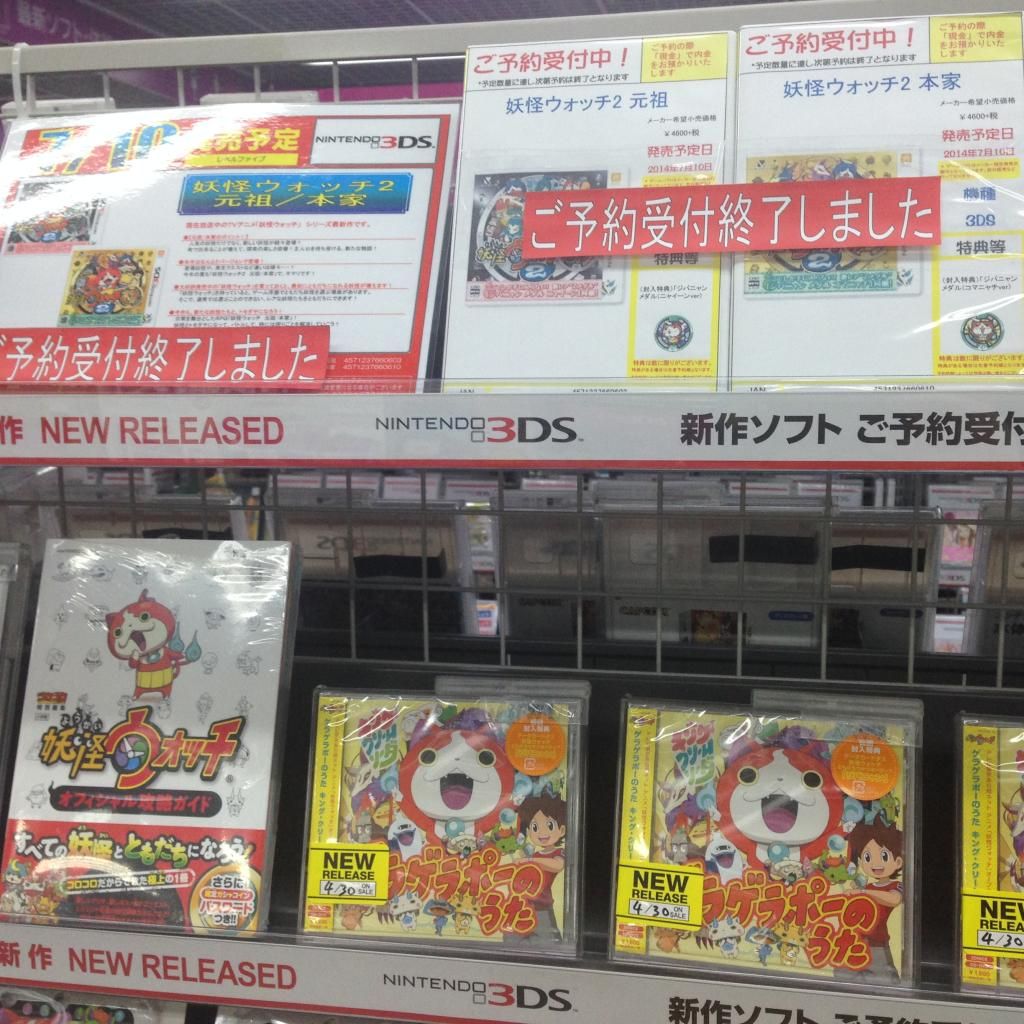I continue seeing GAFfers hating on L5...
I can understand if Gundam fans would hate them, but for the others...

It is clear that they are an entertaining company that often tries to go for cross-media projects (partnering with other companies sometime, like Bandai-Namco for the toy-aspect of their projects for example), at least from their Nintendo DS days.
They have a particular approach to their series: it is different from many other companies, but I don't see it as the "evil within" as others do.
There are companies that milk their franchises in a similar way, without the same "new IP" direction that L5 has.
There are companies that don't milk their IPS in the same way of course, but usually those are also just videogame IPs or just videogames companies.
There are companies that defend their IPs better, but that don't present big brand new IPs with the same pace of L5 too.
If we look at their recent series we have:
Professor Layton: it was a well-studied "Brain Training" epigon, developed with a cartoonish style trying to attract a variety of target ages following the enigma-fever and the touch-generation fever of the DS. It debuted slowly, but continued to grow. They decided to almost annualize the series (wasnt' exactly 1 each year) also because they understood that those fevers (enigma and touch) wasn't going to last forever (they understood it even better then Nintendo probably

)
The games suffered a decline after some incredible peak. I'd say that it's normal, and that other "touch generation" games suffered even more. With a very similar stucture and the recycle of engines, I'd say that also the 300k (in Japan) of the recent 6th game are enought financially for them. Without counting also western sales (stilll very positive). Don't know how many Japanese games sell as much as the Layton series even after the decline. Postponing the releases of the games would have benefit the series? I highly doubt it.
Inazuma Eleven: planned as a cross-media IP, the game debuted slowly, and started to sell after the cartoon release. Then they started to annualize it following the annual TV cartoon series. Each new season saw a new game. And they continued with the GO series. Similarly to Layton, these games saw a peak and then a decline. Still able to sell 350K (in Japan)? Once again: not that bad. We could count the games able to sell those quantities. Without counting European sales (always good in Italy, Spain and maybe even France/Ger, but I'm not sure). This is a videogame based on an Anime (TV cartoon): cartoons popularity lasts (with exceptions, of course) some years, usually. They chose the right path in annualizing a videogame series based on a TV Cartoon.
Little Battlers: very similar to Inazuma, with in addition the toy side of things. So, videogame, tv cartoon and toys. I can really confirm you (I work in the toy market) that the most common thing for kids products (especially for TV cartoon based lines) is to present a novelty every year. This help you in selling-in your products, because you can present the "new" aspect as part of your promotional push to the line. The games sold well, than faded. But I think that the most negative part wasn't the annualization of the series, while the wrong choice in terms of platform (in terms of target age): they created consufion among the consumers about this line presenting too many version of the same game with small additions on a variety of different platforms. Probably, they shuold have chosen the 3DS right after the initial PSP debut, in the transition from last gen into this gen.
Yokai Watch: we all are seeing the success of this line, once again based on anime-manga-game. The game sold well from the beginning, then theanime aired and the sales went up, to stay stable so far. They now present the new game that will be probably followed by the new TV Cartoon later in the year.
A lot of those IPs were strictly bonded to cross-media projects: cartoons and toys for kids are normally treated as temporary successes: the popularity of bands among kids in the entertainment segment lasts some years (later they can be re-launched as well, of course, when a new generation of kids born and grows). They create the "phenomena" and then support it with big "PR" investments (the cartoons) trying to create turnover on the products (videogame or game).
Financially, it is a good direction.
You have also to consider the profit linked to the licenses rights.
You are in trouble if you see your benefit decreasing from the decline of popularity of your franchises, of course.
But if you launch new brands (with the money made on those successfull IPs) looking for the new "good one" as they did so far, everything is ok.
They created Layton, and benefit a lot from that.
Then they decided to try the cross-media strategy with IE. Great success.
They invested in Little Battlers: good results but the comrpomised it with costumer confusion.
They tried with Yokai and they succeded (it is already obvious that this IP is a good one for them)
In between, they also launched several new IPs: most of them failed to attract the right target (Cinderella RPG for example), while other performed well (considering that it was "just" a videogame without huge investment for cartoon/toy development, Fantasy Life perfomed really well: it sold around 300k I think, and if we compared 3DS development costs with the actual Japanese sales, I'd say that this was positive)
So:
financially it worked for them
quality of their games among the same brand weren't impacted by the annualization (at least for Layton and Inazuma)
IPs new proposals continued with a good pace
At least, those are my two cents

